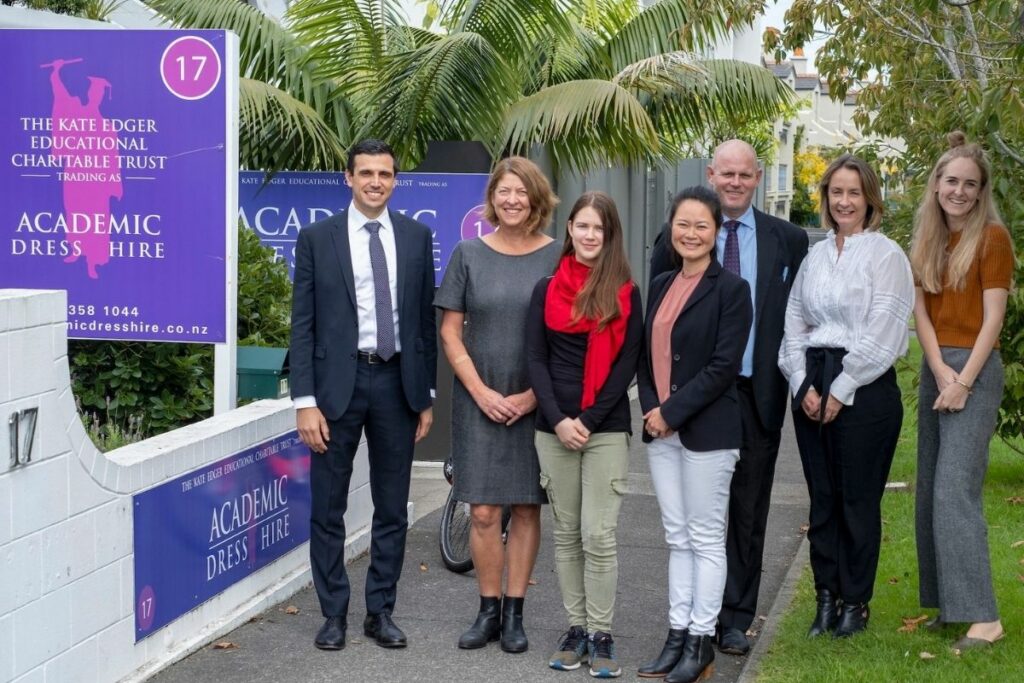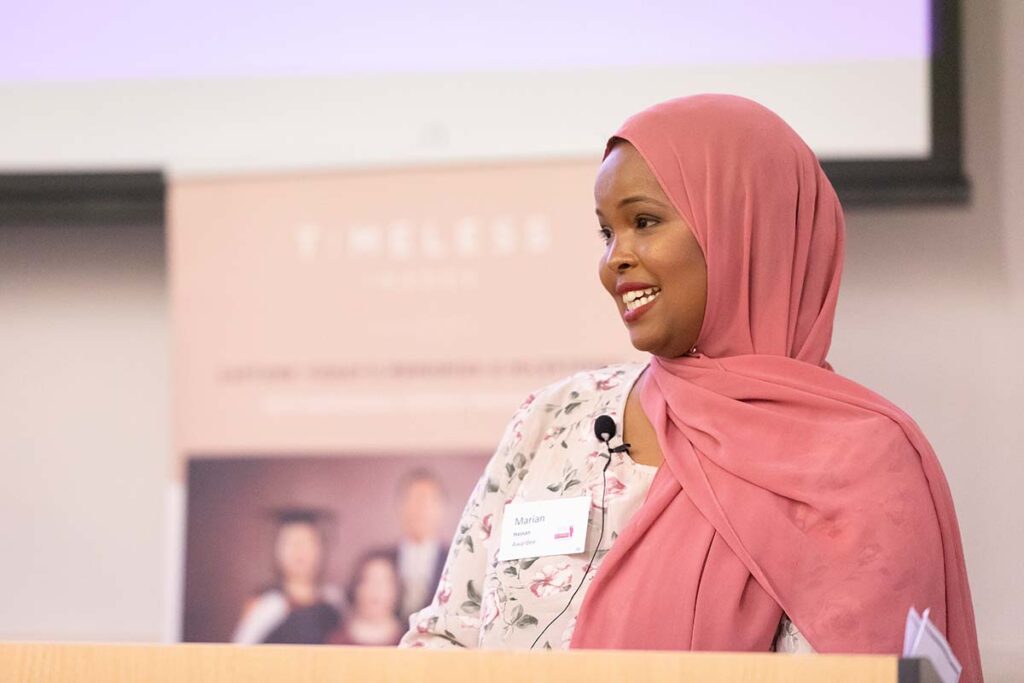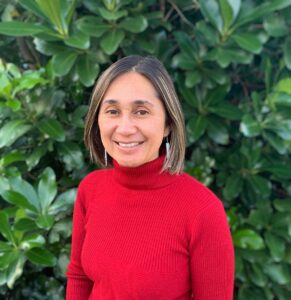Congratulations to AUT engineering student Maja Ranzinger who is the inaugural recipient of the KEECT Watercare and Ghella Abergeldie partnership Engineering Award, established by the Kate Interceptor Project. In July 2020, the project unveiled the training tunnel boring machine (TBM), named KATE in honour of Kate Edger. Read more here
This engineering scholarship is worth $5000 and the Trust partnered with the University of Auckland’s Women in Engineering Network and AUT Stem Women Group to finalise the winner. Applicants were judged based on their GPA scores, initiative, passion and extra-curricular interests.
Central Interceptor’s sustainability and community outcomes manager Bernice Chiam, who was on the selection committee, says she was very impressed by the standard of the applicants. “It was a challenge to pick just one winner, but Maja really impressed us with her ambition and work ethic.”
Maja is a second-year student at AUT, doing a double degree – bachelor’s in mechanical engineering as well as a bachelor’s in business studies majoring in Finance. “I’ve always wanted to do a double degree and this scholarship means I don’t have to worry about the tuition so much – I can just focus on completing my course work successfully.”

After receiving the news of her award, Maja (centre) came to Academic Dress Hire to meet with Watercare Executive Programme Director, Shayne Cunis, Sustainability and Community Outcomes Manager, Bernice Chiam, Ghella Abergeldie Project Director, Francesco Saibene, and representatives from the KEECT Nina Tomaszyk (GM), Katrina Ford (Awards Coordinator), and Margaret Worth (Selection Panelist).

 Aryan McKay (Ngāpuhi, Ngātiwai, Ngāti Porou)
Aryan McKay (Ngāpuhi, Ngātiwai, Ngāti Porou)